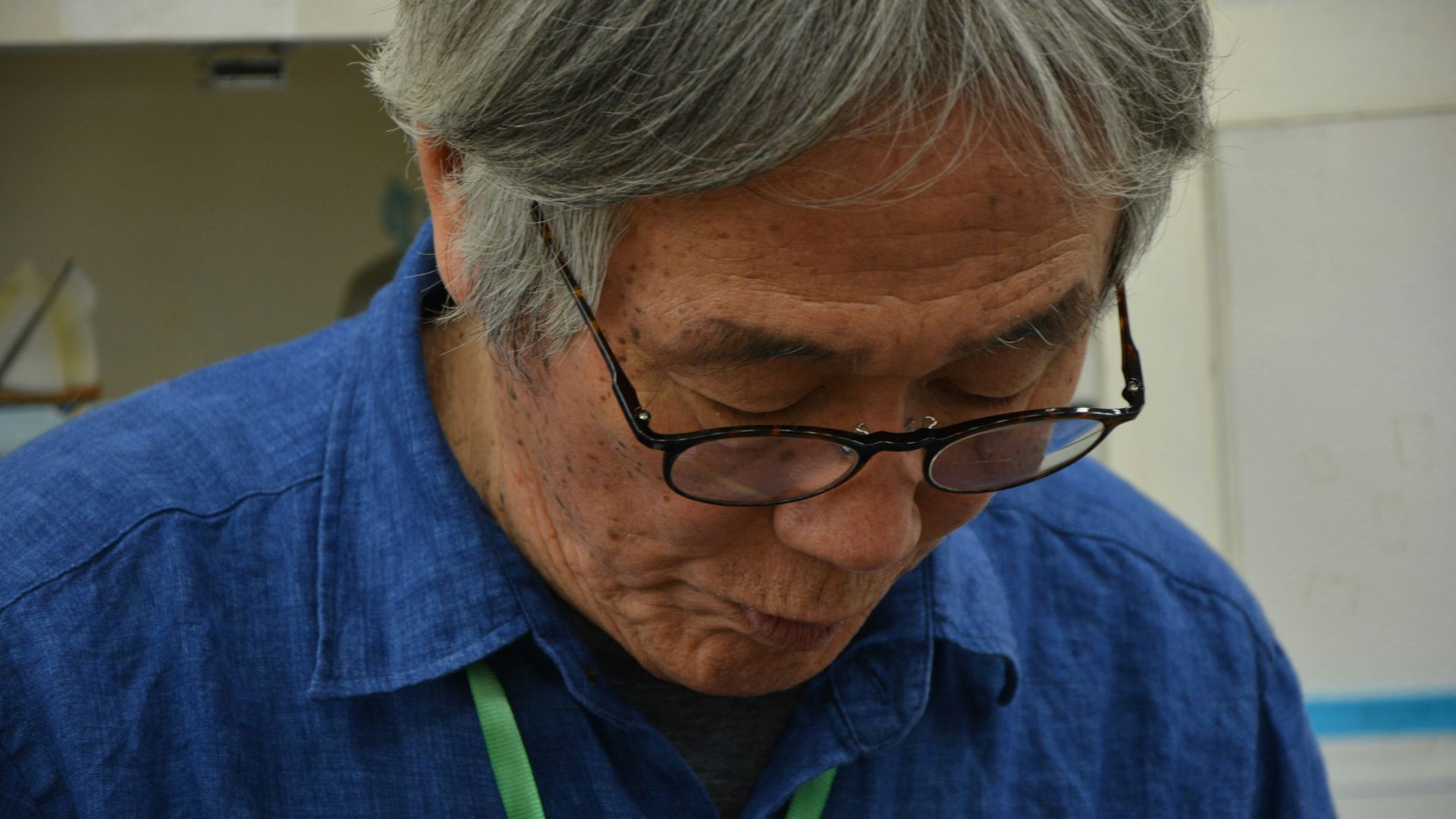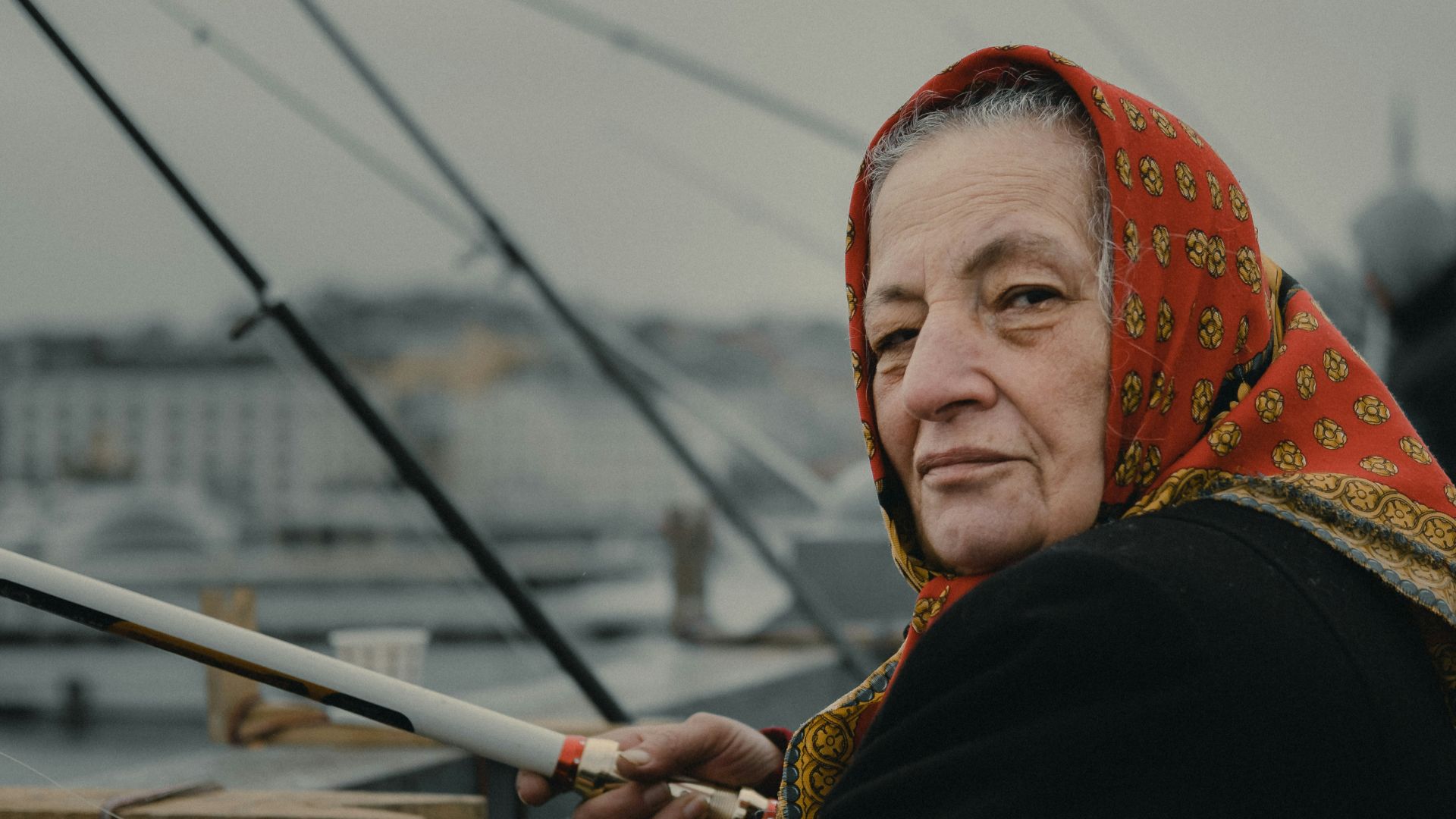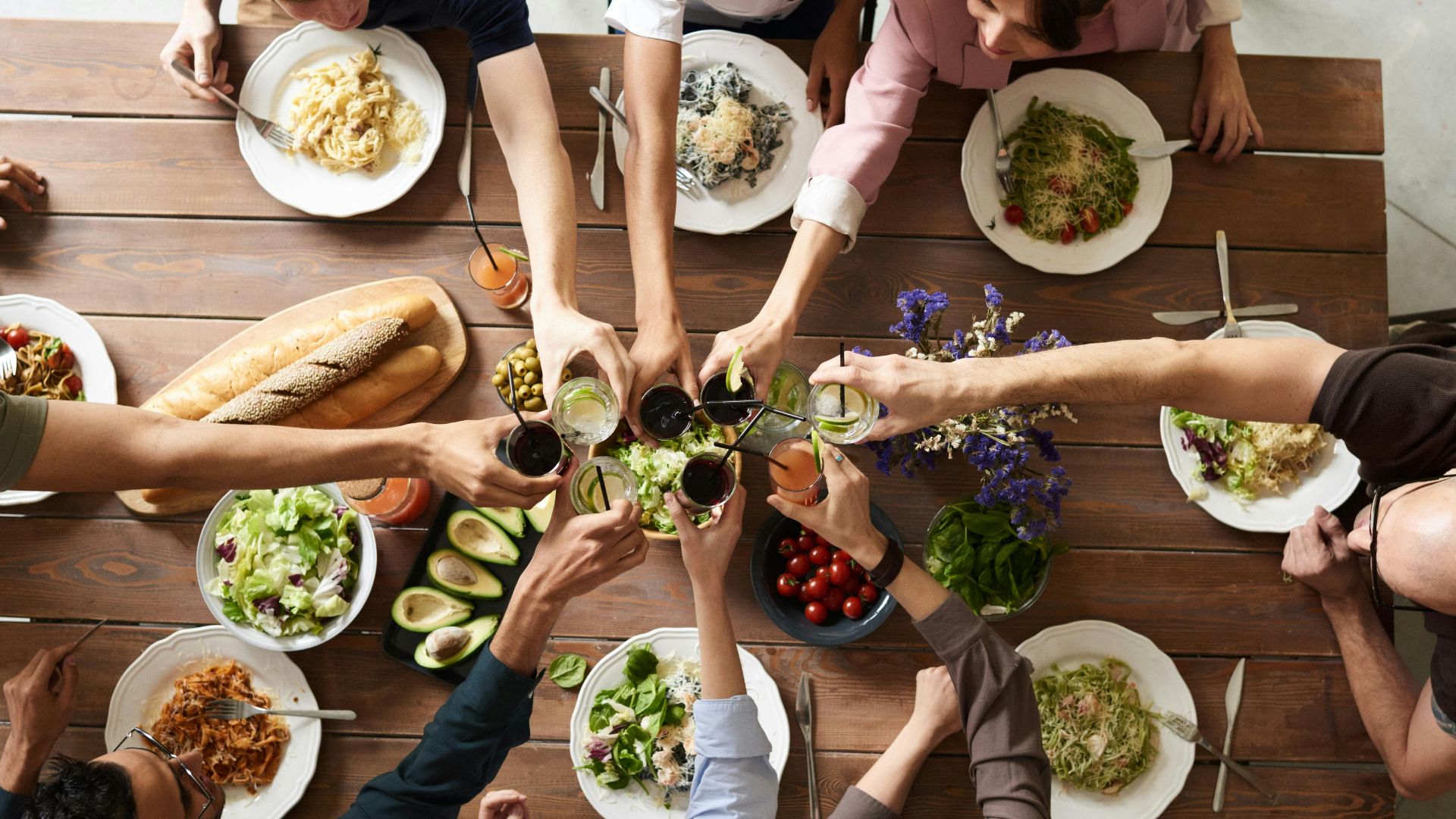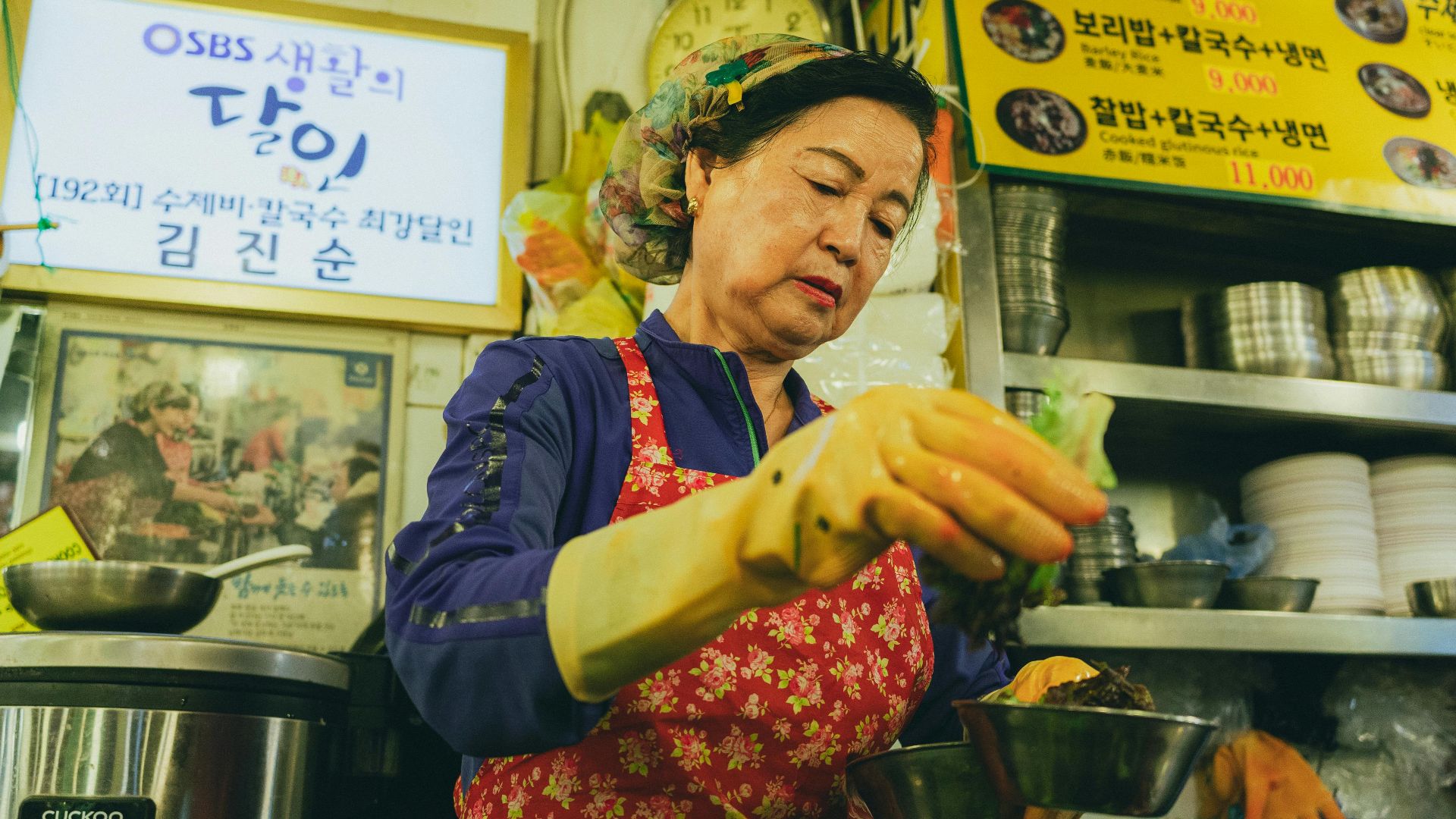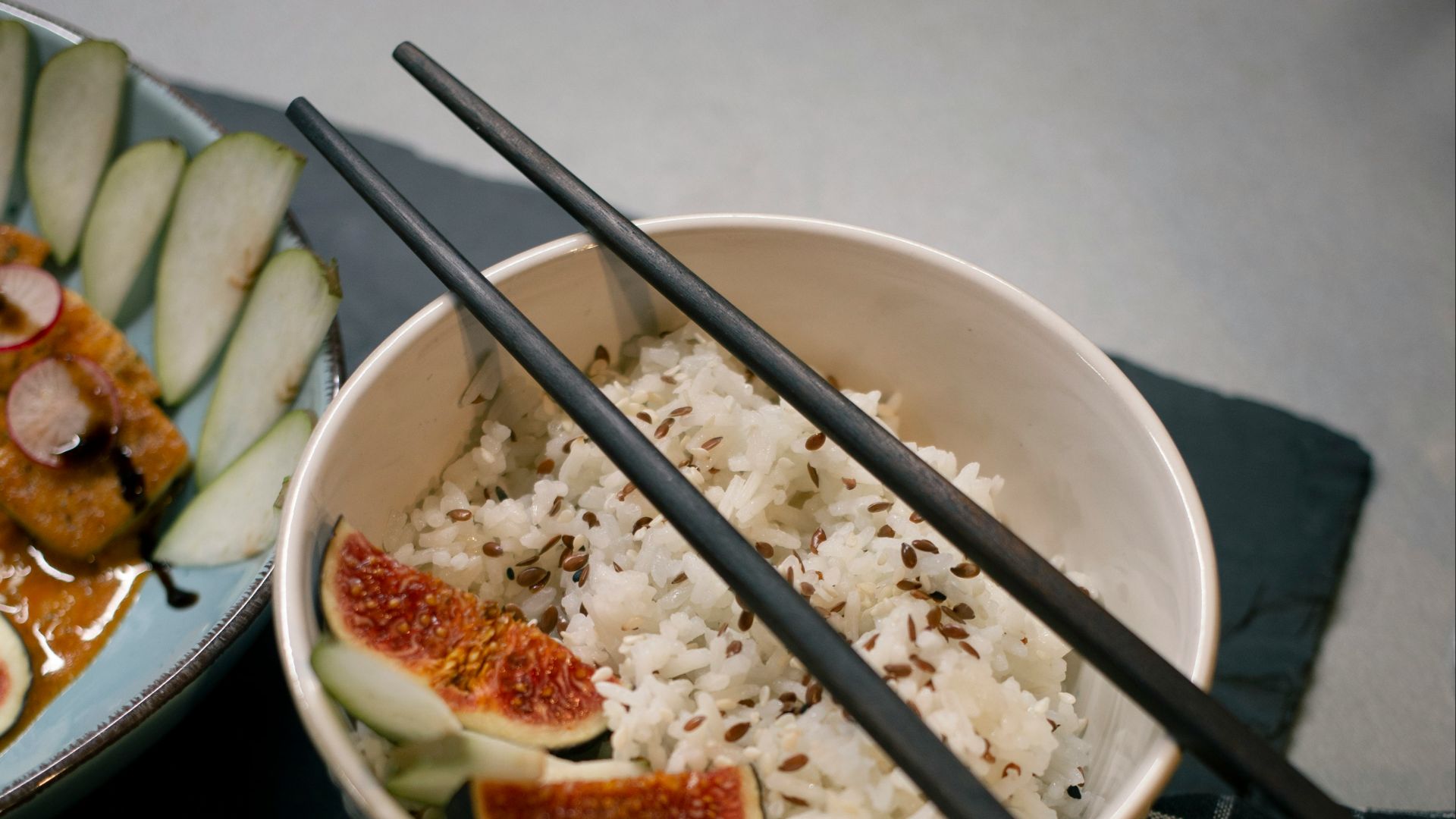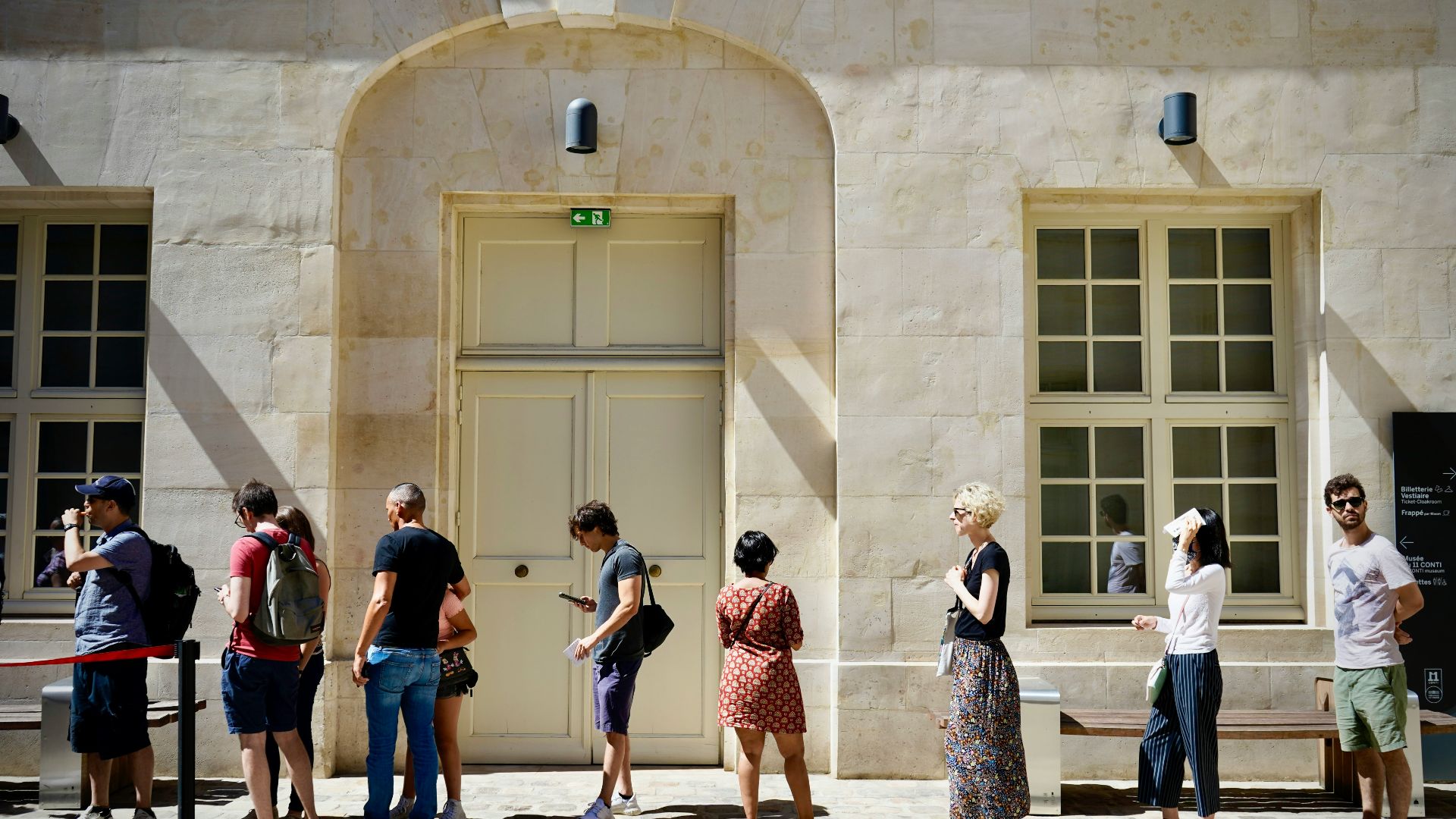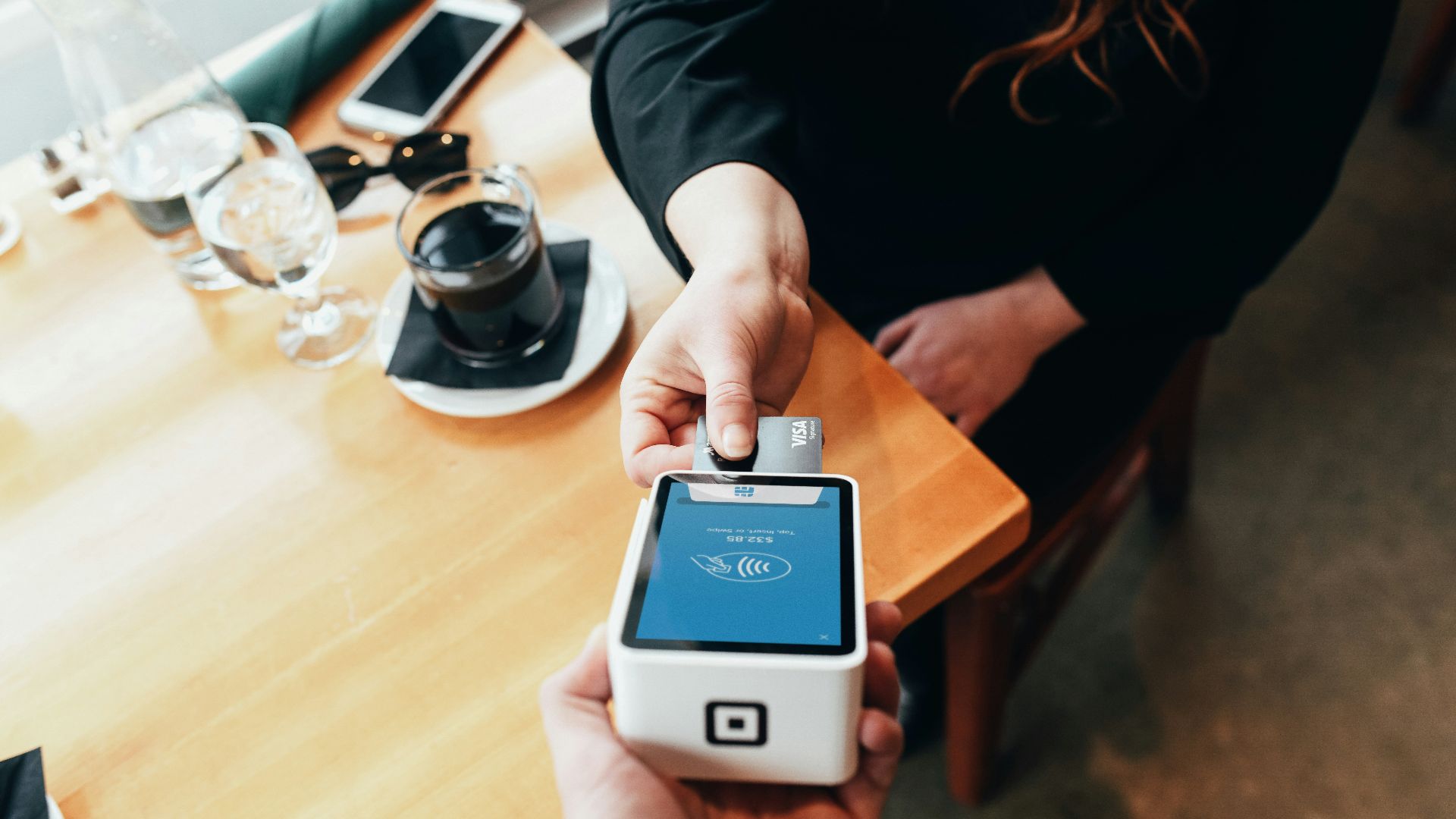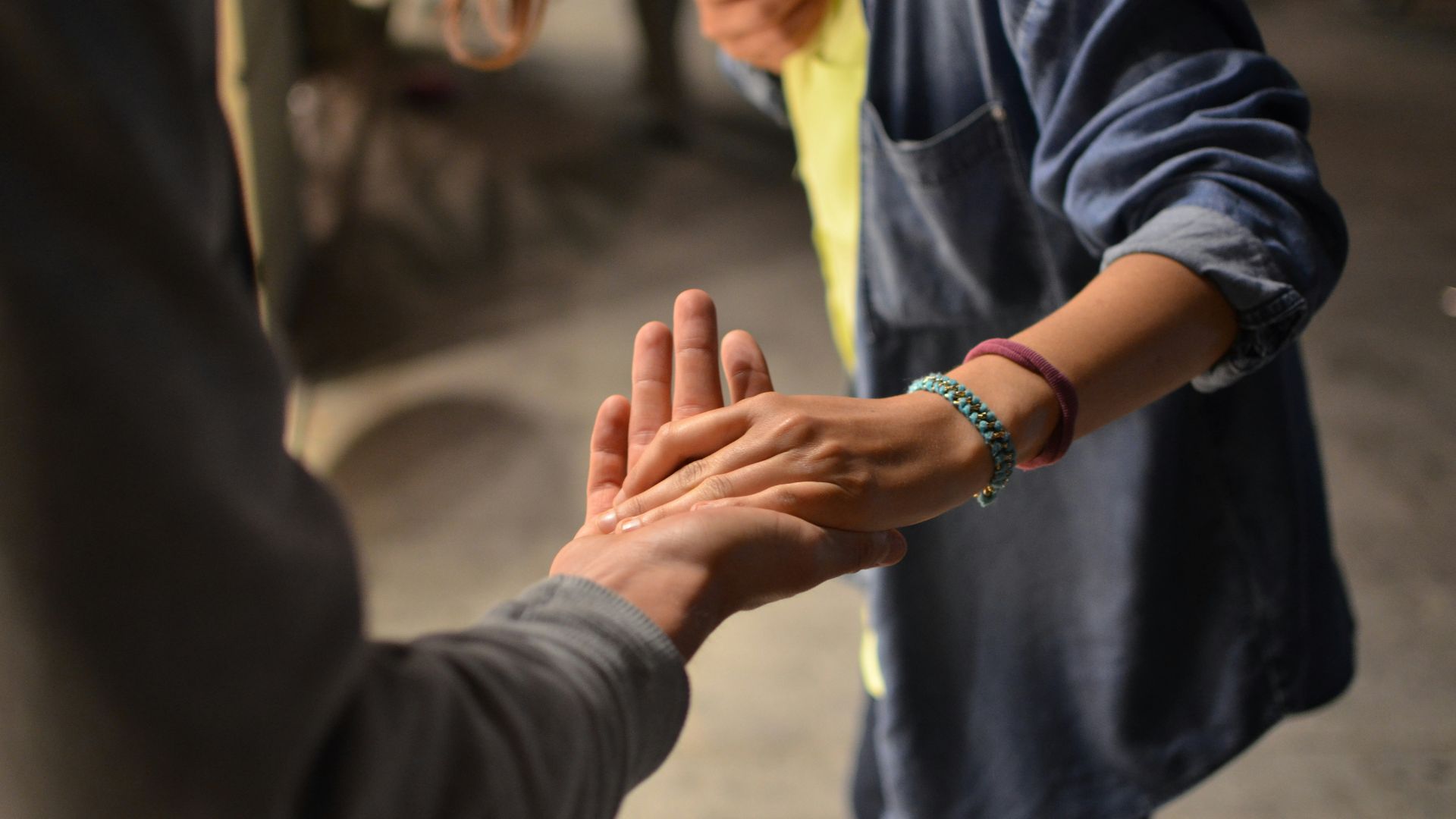Mind Your Manners
Politeness travels well, but it changes shape from one country to the next. What feels perfectly normal at home can come across as abrupt, strange, or even insulting somewhere else. Sometimes etiquette is about rules, sure, but often, it’s about rhythm—moving in sync with the people around you, even when you’re just visiting their corner of the world for a week. It’s about noticing how they greet, how they eat, when they laugh, and when they go quiet. Here’s a quick tour of the little social rules that keep you from stepping on cultural toes.
1. Japan: The Bow Is Not Optional
A bow in Japan is more than a greeting, it’s an exchange of respect. Most everyday bows consist of a small, gentle tilt of the head with hands at your sides. Formal occasions, on the other hand, may call for a deeper bend from the waist. Matching the other person’s bow is polite; turning it into a competition of who can bend the furthest is not.
2. France: Say “Bonjour” Before Anything Else
In France, a greeting comes before any request, even for something as small as a baguette. If you walk into a shop without saying "Bonjour, Madame or Bonjour, Monsieur," you’ll almost certainly receive chillier service. It’s a tiny overture that opens doors and softens every interaction.
3. Thailand: The Wai Replaces a Handshake
The wai consists of placing your palms together at chest height and bowing ever slightly. It’s a graceful way of saying hello, thank you, or goodbye. Raise your hands higher for elders or those you wish to honor. And remember, touching someone’s head is off-limits—it’s the most sacred part of the body.
4. Italy: Don’t Order a Cappuccino After 11 A.M.
In Italy, cappuccino is considered a morning drink to be taken with breakfast or on the way to work. Ordering one after lunch may get you a bemused smile or even confusion. Switch to espresso in the afternoon, and you’ll blend in effortlessly. Also—and this is essential—don’t order espresso until after the meal.
5. India: The Left Hand Is…Complicated
Traditionally, the left hand is used for your morning bathroom break, so it’s best avoided when eating, passing money, or giving gifts. Even if you’re left-handed, practice using your right hand in these moments. It may feel awkward at first, but it’s a sign of cultural respect.
6. Russia: Bring a Gift If Invited to a Home
Hospitality in Russia is warm and generous, and arriving empty-handed to someone’s home is rare. Flowers are a safe choice but always bring an odd number—odd for celebrations, even for funerals. Small gifts like chocolates or wine are also welcome.
7. Spain: Dinner Is Late. Really Late
In Spain, evenings stretch long, and dinner rarely begins before 9 p.m. Arriving at a restaurant at 7 p.m. may mean sitting alone with the staff still setting up. Adjusting to the local schedule can make the nightlife feel more alive.
8. South Korea: Accept and Offer with Two Hands
When giving or receiving something, use both hands to show sincerity and respect. This applies to everything from gifts to business cards. Take a moment to look at what you’re handed before putting it away to demonstrate to the gift-giver you value the exchange.
9. United Arab Emirates: Dress Modestly in Public
In shopping malls, government buildings, or residential areas, clothing should cover shoulders and knees. Tourist zones and beaches are more relaxed, but modesty is appreciated in most public settings. Loose, breathable fabrics not only work well in the heat but meet the cultural standard.
 The Lazy Artist Gallery on Pexels
The Lazy Artist Gallery on Pexels
10. Germany: Be on Time
Punctuality in Germany is a form of respect for the other person’s schedule. Arriving five minutes early is ideal, exactly on time is acceptable, and even a short delay should be explained. Chronic lateness leaves a poor impression.
11. Brazil: Physical Contact Is Normal
Brazilians often stand closer during conversation and may lightly touch your arm or shoulder. It’s a sign of friendliness, not intrusion. If you instinctively step back, expect them to close the gap again—it’s just how warmth is expressed.
12. China: Don’t Stick Chopsticks Upright in Rice
Inserting chopsticks vertically into a bowl of rice resembles incense offerings made at funerals, so it’s best avoided at the table. Rest them across your bowl or on the holder provided. It’s a small gesture that shows awareness of local customs.
13. United Kingdom: The Queue Is Sacred
Lining up in the U.K. is an unspoken social contract. Cutting ahead, even slightly, can cause visible irritation. The best approach is simple: find the end of the line and wait your turn.
14. Morocco: Tea Is a Ritual
Mint tea in Morocco is as much about connection as refreshment. Refusing it can feel like refusing hospitality, so it’s polite to accept—even if you only sip. And yes, it will be sweet enough to surprise you.
15. United States: Tipping Isn’t Optional
In American restaurants, tipping is part of the service structure, with 15–20% considered standard. Leaving nothing isn’t interpreted as constructive feedback—it’s taken as rudeness. The same principle applies to taxis, bars, and some personal services.
16. Argentina: Mate Is Shared
Drinking mate is a social ritual. The gourd is passed from person to person with one straw, and you drink until it’s empty before handing it back. Only say “thank you” when you’ve had enough and don’t want more.
 Camila Seves Espasandin on Unsplash
Camila Seves Espasandin on Unsplash
17. Turkey: Handshakes Are Soft
A gentle grip and a few words of greeting are enough for a polite introduction. Crushing handshakes are uncommon and can be seen as aggressive. Warmth is shown through tone of voice and eye contact rather than an overly firm handshake.
18. Greece: Don’t Show Your Palm with Fingers Spread
The moutza, a palm-forward gesture with fingers spread, is an ancient insult. To wave, keep your fingers together or face your palm down. It’s a small detail that prevents big misunderstandings.
19. Ethiopia: Eating with Your Hands Is Expected
Meals are often eaten with injera, a flat, spongy bread used to scoop up stews and vegetables. Guests should allow the eldest person to start before joining in. Sharing food from the same platter builds a sense of community.
20. Australia: Don’t Brag
Australia has a cultural tendency to downplay personal achievements, known as “tall poppy syndrome.” Being approachable and modest earns more respect than self-promotion. Humor and humility go a long way in earning the respect of the locals.



